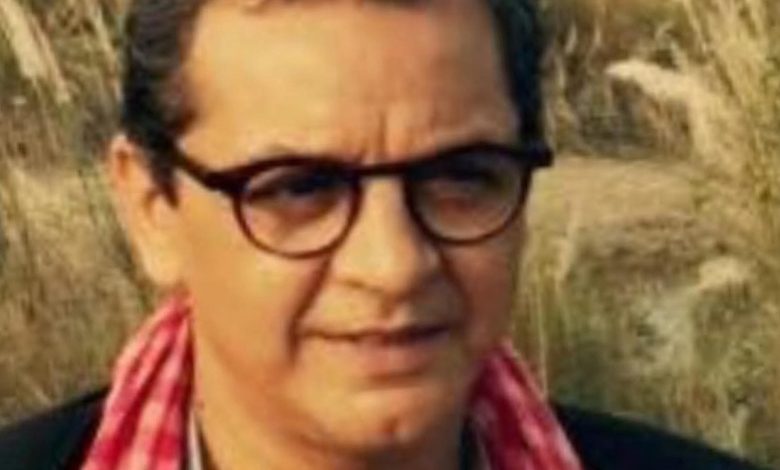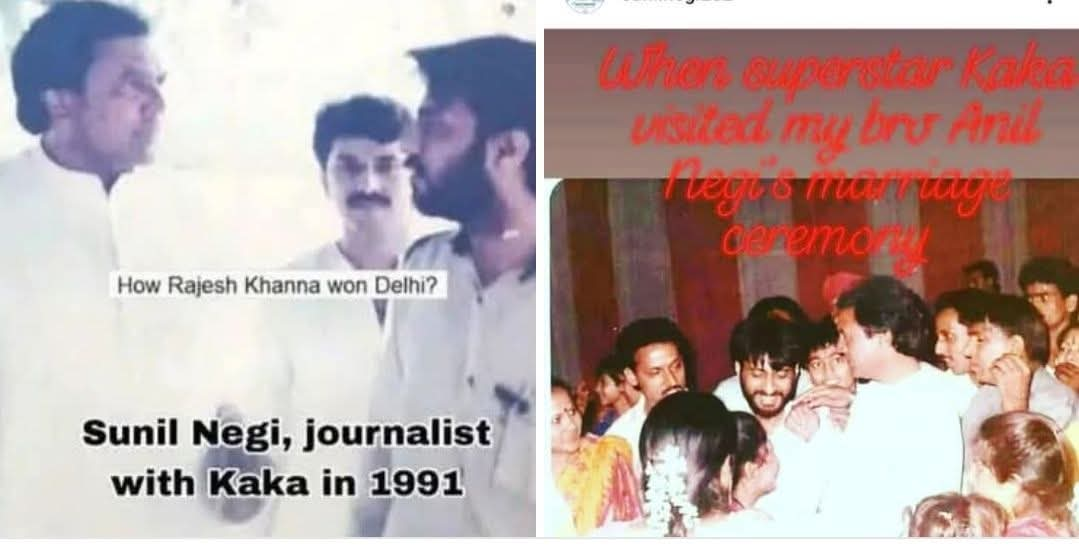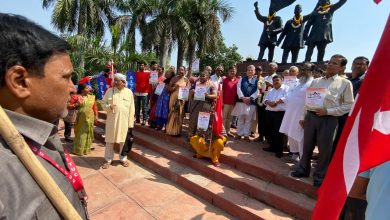His legacy endures in the countless stories he told and the lives he touched : Vivek Shukla

VIVEK SHUKLA
In 1987, the Sunday and Ravivaar had an office in the PTI building. One day, I visited to meet Rajeev Shukla ji, who was then working for Ravivaar. As I was about to leave after our meeting, I noticed a strikingly handsome young man typing vigorously on his typewriter. I recognized him from our Delhi University days. Now, in his new avatar, he had already established himself as an ace reporter. His writing was like prose woven with poetry. Shukla ji introduced us, and I learned his name: Sankarshan Thakur, affectionately called Bablu by his close friends.
By the 1990s, I was running a Feature Service and frequently visited the INS building. By then, Sankarshan had moved to The Telegraph, and his office had shifted from the PTI to the INS building. He used to work near SP Singh’s cabin, exuding the aura of a top-notch journalist.
His professionalism and dedication were truly inspiring. Over the past four decades, I doubt any journalist has matched the sheer volume and quality of Thakur’s work. He produced exclusive stories at an astonishing pace, his speed nothing short of mind-boggling.
Throughout his illustrious career, he wrote extensively on Kashmir, Bihar, national politics, and numerous other subjects. His coverage of the Kargil War, however, was his finest hour, showcasing his unparalleled skill and insight. Surprisingly, he never worked for the giants of Indian English journalism, The Times of India or Hindustan Times. He did have a brief stint with The Indian Express, but it was with The Telegraph that he became synonymous—a newspaper that inspired generations of journalists. He remained a hardcore print journalist, fiercely loyal to the medium until the very end.
Tragically, he was taken from us by a dreaded disease. His legacy, however, endures in the countless stories he told and the lives he touched.





